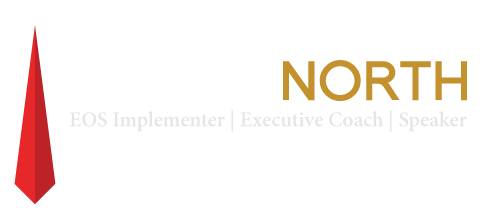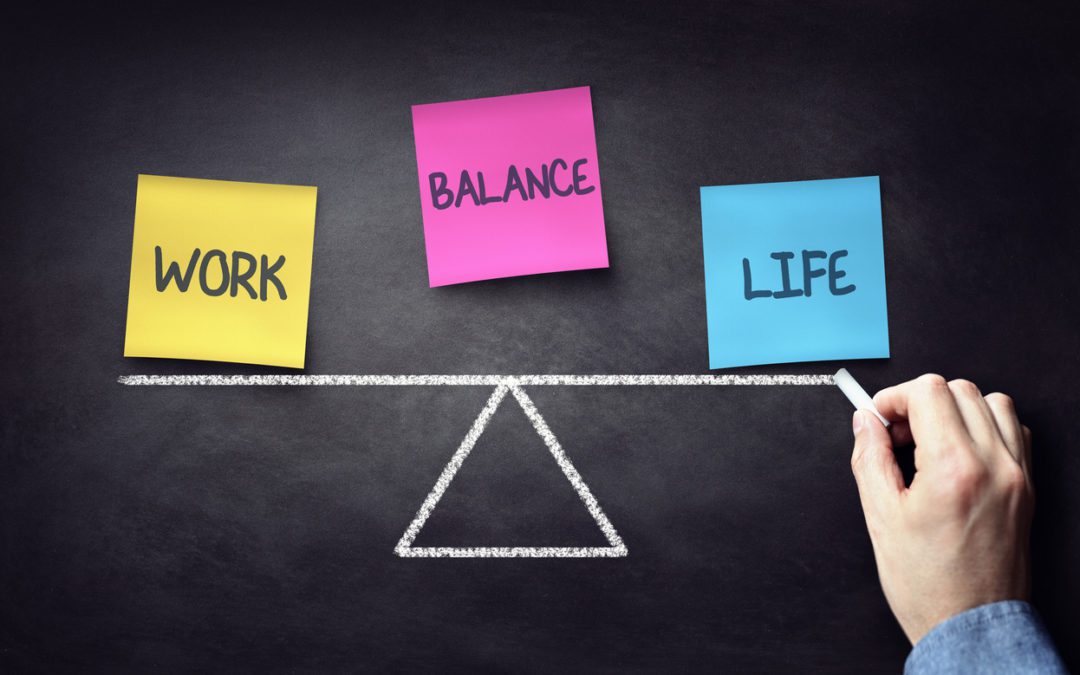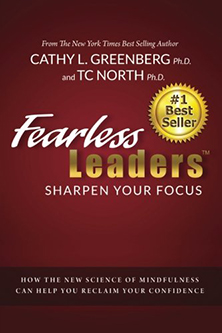For highly successful people, work-life balance is a bunch of BS! How would you answer these three questions?
- Will work-life balance create more success?
- Does work-life balance lead to greater happiness?
- What brings you great inner contentment and joy? Work-life balance?
Work-life balance, the way most of us think about it, usually doesn’t get us what we really, deeply want – success, inner contentment happiness and joy.
In the below video and transcript, Kim Tracy and I discuss why seeking work-life balance usually involves both the wrong question and the wrong answer. It seems what we all really want is joy and inner contentment in all aspects of our lives.
Please join Kim and me and watch the brief video, or read the transcript below, and consider reframing the question, “Do I have work-life balance?” to “Do I have inner contentment and joy in all the important aspects of my life?”
[vc_video link=”https://youtu.be/8sdxW2NrYk8″]
Kim: Hi. I’m Kim Tracy with the Maxwell James Speaker Agency here with Dr. TC North. And this is a great topic, you guys. He is going to talk about why work-life balance is BS. I’m thrilled that you’ve come up with this conclusion! How did you do this?
TC: I thought you might like this topic, knowing how much you work, Kim!
Kim: I have no balance!
TC: That is true for most of the high performers, actually all of the high performers, that I work with. I can say that 100% or very close to 100%.
Most people know that I’ve worked with high performers for 31 years and previously with Olympic athletes, professional athletes, and now business leaders and salespeople. The reality is with work-life balance, people think it’s like this (holding arms up like a balanced scale) — perfectly balanced. Well, it’s never like that. It just isn’t. It’s important to accept that to be a high performer (at least in this western culture — in Denmark, I think they’ve got it figured out much better than we do; that’s a whole different story) in our culture, bing in balance the way most people think is usually not realistic.
Here are two questions for you. I want you to think which of these questions is more beneficial to. The questions are:
- “Am I in work-life balance?” OR
- “Am I content and joyful in every part of my life that is important to me?”
I fall toward the second one, and that’s the one I ask people to consider, because I think it’s really what people are after — being content and joyful in all the parts of life that are important to them. It can include personal, business, their hobby life, their spiritual life, really whatever is important. So, I really do ask each of you to ask yourself which of those two questions is important to you.
The second question really provides you an opportunity to look at each part of your life. Do you feel a sense of contentment and joy? I’ve changed from using the word happiness to the word joy. There’s a lot of great research on happiness.
The reason I’ve changed from using the word happiness is because when we, in this culture, talk about being happy, it’s usually, “I was happy last Saturday out playing on the boat or going to the movies or dancing.” It’s usually associated with a moment in time and an activity. But inner joy is more of a permanent state; contentment is a more permanent state. So that’s why I’ve changed from the word happiness to joyful and content.
Kim: OK, so give me your thoughts on the reframe.
TC: (Laughing) Ha, I just did.
Kim: I’m sorry, what tip or technique do you use to help people?
TC: Ask yourself the question, and then jot down what are all the important parts of your life. Maybe look at a 0 to 10 scale — 10 being, “I’m content and joyful almost all the time” (it’s never 100%); 10 is, “Wow, if I could keep there all of the time, that would be magnificent.” And if you can be in the 7 to 10 zone in all aspects of your life, that’s fabulous. That’s the balance that’s truly important.
There’s never perfection. Perfection isn’t the goal. The goal is that there’s enough contentment and inner joy all the time, and it moves around a little bit. But you’re content and joyful enough in all parts of your life.
Kim: OK, so I want to ask about the lady who just became the C-level executive. How does she manage work-life balance or what you’re talking about?
TC: I have a client that’s pretty new. In her new job, she’s new to the C-level, so she’s a little bit tentative and a little unsure, like anyone else new to a job and new to a higher level of leadership.
She’s spending a lot of time listening and really being present. She said, “I schedule all of my meetings for an hour.” And when I asked her if she really needed an hour, she said, “Probably not, but I’m afraid to do anything less.” I then asked, “What if you just start scheduling them for 45 minutes? Let people know, and then learn to stand up at 45 minutes and thank them for coming in and be done.” I learned that from my last boss, which was in 1983, by the way.
Jeff Hunter was the last guy I actually worked for and got a paycheck from. He was great; he would do anything to help me, spend any amount of time. But whatever amount of time he had scheduled for me, when we were done, he would stand up and shake my hand and walk me to the door. So I learned to be done whenever I was supposed to be done. And it was great. I learned a valuable lesson. He stuck with the time frame we agreed to and always got all of my agenda items covered. He was a great boss!
My client has cut her meetings down to 45 minutes, and now she’s going to cut them down to 30 minutes. She says, “We’re more focused. We’re still friendly, there’s that warm feeling, but we get more stuff done faster.” Pretty soon, she’ll have cut down 50% of her meeting time just by helping people understand that they need to be more efficient. (Who in a large organization wouldn’t like to get the same amount of work done with 50% less meeting time?)
Kim: That’s fantastic. I’m going to throw you off because I tend to do this. I want you to tell the viewers what can they do to be more content and joyful in their life?
TC: Boy, that’s not a simple answer.
Kim: Yes!
TC: It’s not a simple answer because there are a lot of different parts to your life, and so each part requires something different. I shared with you earlier that I have a medical challenge right now, and that really threw me off. It was a big surprise, and it’s really serious, and so I actually had to work very hard on my own mind the past couple of days.
My lady friend, Debbie, really helped me, and I just asked her last night, “Can I dump?” I usually don’t get negative or scared. I don’t get deeply sad, but last night I was all of those things.
She said yes, and I just dumped. And I said everything that was going through my head. Debbie just listened and she supported me. And we went for a walk and walked shoulder to shoulder while were doing that so we were outside in the beautiful evening. And then before bed, I watched a bunch of Jeff Dunham and laughed for about an hour (I love Jeff Dunham with the puppets); then I went to bed. And I got up today, and I was great.
Kim: Excellent, perfect. You guys, this was an amazing segment with TC. If you would like to bring him in for one of his amazing keynotes or workshops, please contact me, Kim Tracy, through MaxwellJames.net. Thank you so much.
TC: Thank you, Kim!
My speaker agent Kim Tracy at the Maxwell James Agency produced this video. Please contact her if you’re interested in having me deliver a keynote, workshop or webinar on building confidence here. Or contact me if you’d like to discuss doing personal development with me to build your confidence and presence here.


